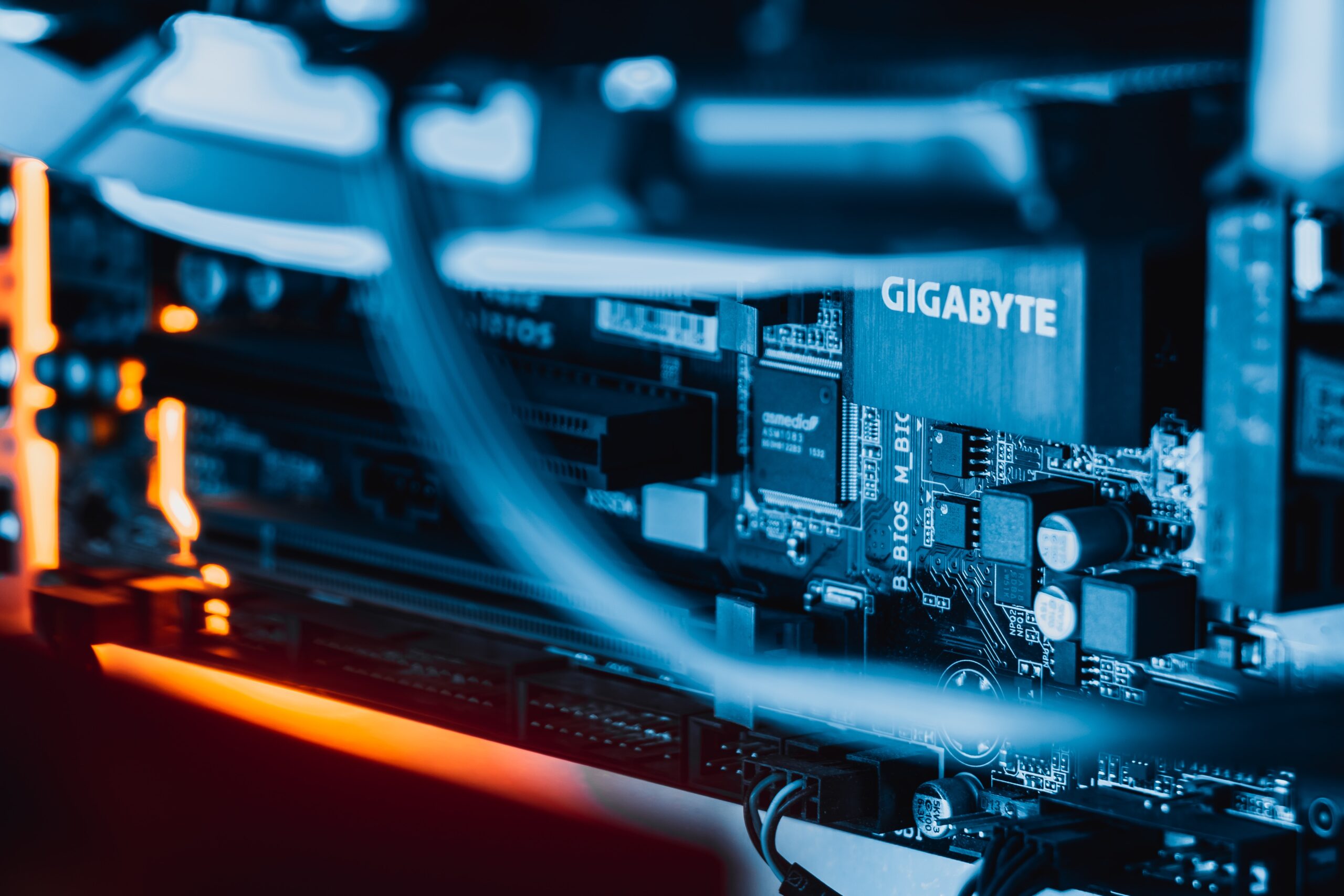As streaming continues to dominate the media landscape, many businesses and individuals are turning to dedicated servers to meet their streaming needs. However, choosing the right dedicated server can be a daunting task. With so many options available, it can be difficult to determine which server will best meet your needs. In this article, we will provide you with a comprehensive guide to help you choose the right dedicated server for your streaming needs.
What is a Streaming Dedicated Server?
A dedicated server is a type of server that is exclusively rented or leased by an individual or business. Unlike shared hosting, where multiple users share resources on a single server, a dedicated server is used by a single user. This means that the user has full control over the server and can customize it to meet their specific needs.
Factors to Consider when Choosing a Dedicated Server for Streaming
When choosing a dedicated server for your streaming needs, there are several factors that you should consider. These include:
1. Processing Power
One of the critical factors to consider when selecting a dedicated server for streaming is the processor’s characteristics. For example, a powerful processor with a high number of cores and threads, along with a high clock speed, can handle multiple streams with ease. Additionally, processors with higher cache memory can help to improve the server’s overall performance by reducing the time it takes to retrieve data. Another important consideration is the type of processor, as some processors may be better suited for specific tasks, such as transcoding or video rendering.
2. RAM
The amount of RAM in a dedicated server also plays a critical role in its streaming capabilities. This is because streaming requires a large amount of memory to buffer and process multiple streams simultaneously. When choosing a server, consider the amount of RAM it has, as well as its speed.
3. Bandwidth
Bandwidth is another critical factor to consider when choosing a dedicated server. This is because streaming requires a significant amount of bandwidth to transmit data in real-time. When choosing a server, consider its bandwidth limitations, as well as any additional fees that may be associated with exceeding those limits.
4. Network
The network infrastructure of a dedicated server is another important factor to consider. This is because streaming requires a high-speed network connection to transmit data in real-time. When choosing a server, consider its network infrastructure, as well as any additional fees that may be associated with upgrading that infrastructure.
5. Storage
The amount of storage available on a dedicated server is also an important factor to consider. This is because streaming requires a significant amount of storage to store and process media files. When choosing a server, consider the amount of storage available, as well as its speed.
6. Operating System
The operating system of a dedicated server is another important factor to consider. This is because streaming requires a stable and secure operating system to minimize downtime and ensure data security. When choosing a server, consider the stability and security of its operating system, as well as any additional features or applications that may be available.
7. Support
Finally, when choosing a dedicated server, it is important to consider the level of support that is available. This is because streaming requires a high level of technical expertise to ensure that the server is running smoothly and efficiently. When choosing a server, consider the level of support that is available, as well as any additional fees that may be associated with that support.
